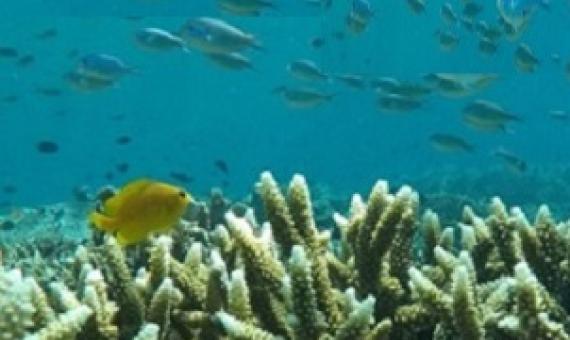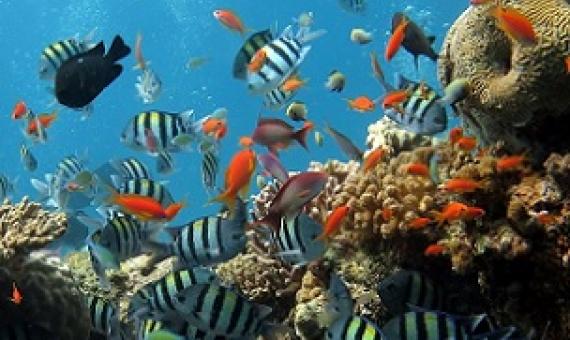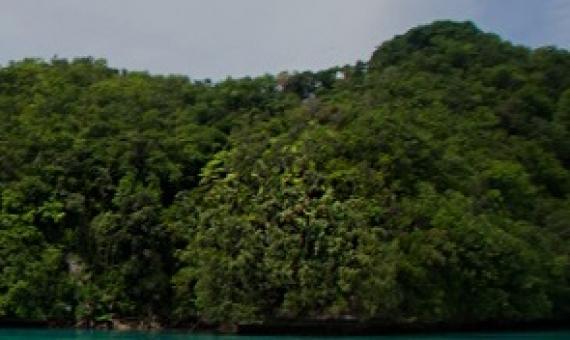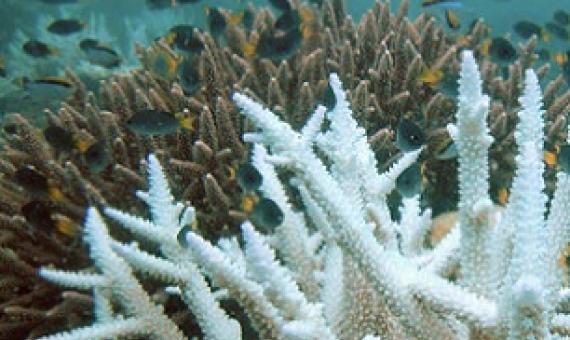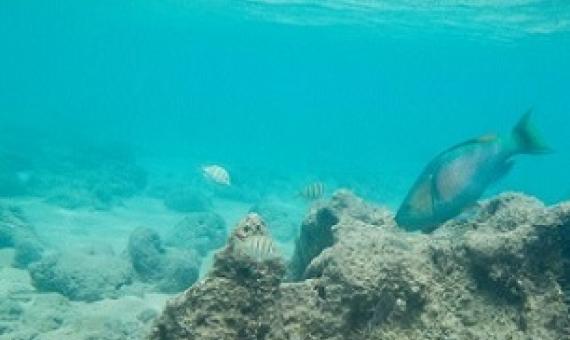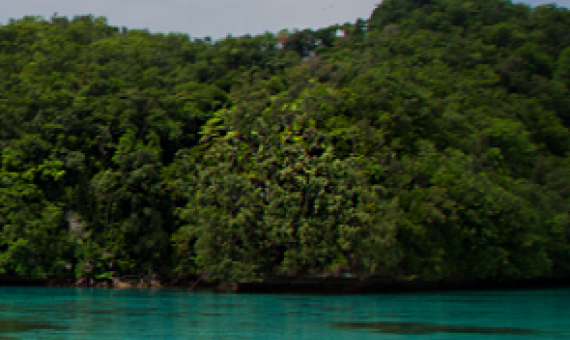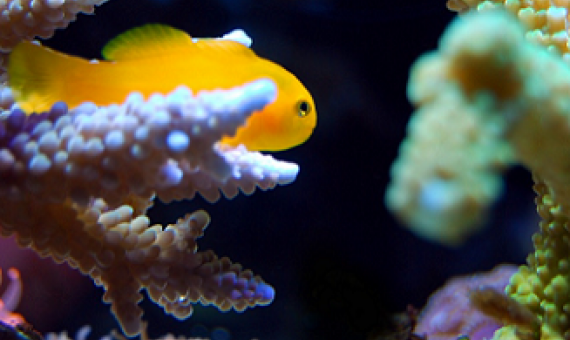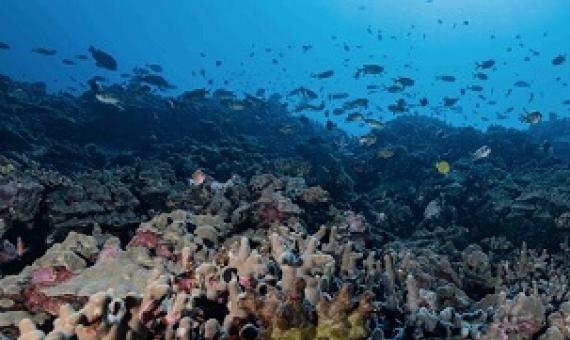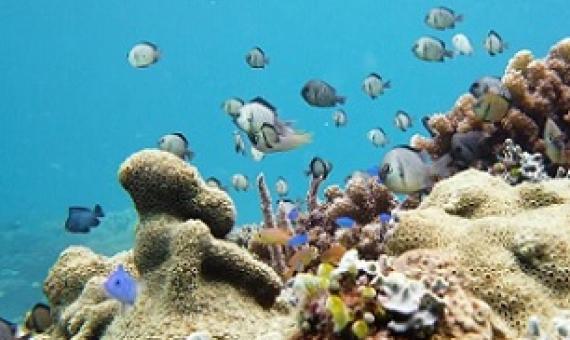An international team of researchers studied the behavioral changes among butterflyfish on a series of reefs in the Indo-Pacific before and after the 2016 global mass coral bleaching event.
The whole-site management of a Marine Protected Area (MPA) can increase the total abundance of reef species within its borders by up to 95%, according to new research.
The Palau International Coral Reef Center (PICRC) recently released a new technical report outlining the size and abundance of resource reef fish stocks across Palau.
A new study estimates that global coral cover is half what it was in the 1950s, with much of that loss linked to human-driven climate change. The shrinking of coral cover has translated into a 60% loss in reef biodiversity.
Marine protected areas (MPAs) around Oahu do not adequately protect populations of herbivorous reef fishes that eat algae on coral reefs.
New research shows how conservation policies can avoid having unintended consequences for local ecosystems and people.
To Feed or Not to Feed? Coral Reef Fish Responses to Artificial Feeding and Stakeholder Perceptions in the Aitutaki Lagoon, Cook Islands
Feeding wild animals is a regular habit in ecotourism worldwide with poorly known consequences for ecosystem functioning. This study investigates how effective bread feeding is at attracting coral reef fish in the South Pacific, which feeding groups of fish are most attracted, and how natural foraging rates of an omnivorous and a grazingdetritivorous fish are affected. Data were collected at sites where fish are regularly fed bread by snorkellers and at comparison sites where bread was only provided for this study, within the Aitutaki lagoon (Cook Islands).
The state of Hawaii’s Environmental Council has upheld the Board of Land and Natural Resources’ decision to maintain the ban on collecting fish for the aquarium pet trade off the west coast of Hawaii Island and to reject an environmental impact statement aimed at restarting the destructive practi
Resource fishes—species targeted for human consumption—play a key role in reef ecosystems long before they end up on the dinner table.
As global awareness of the importance of marine ecosystems grows, efforts are under way to protect, restore and nurture the reefs and mangroves that protect coastlines.

